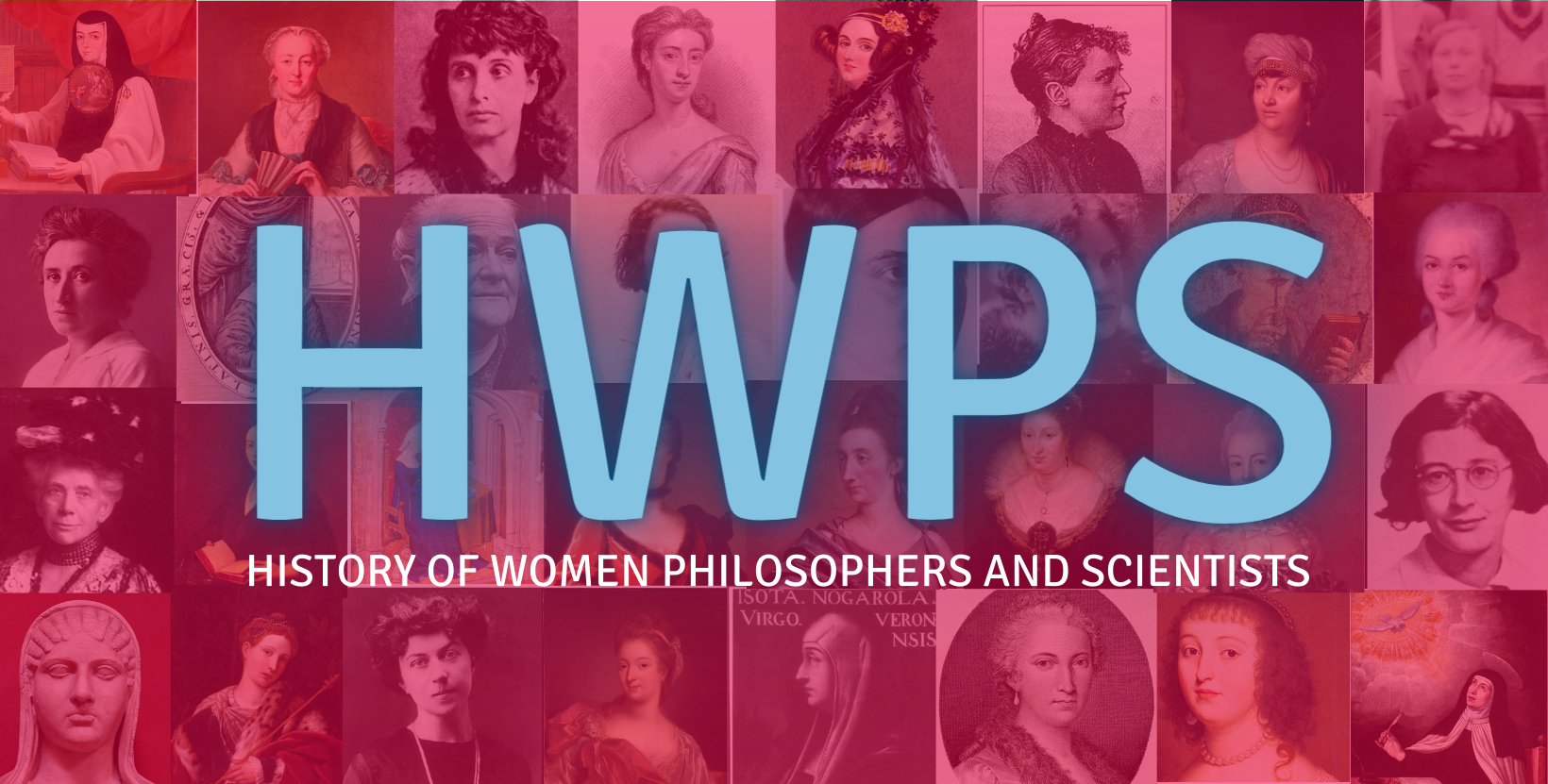 In a bit of an usual move for The New York Times, the paper has published a series of very short responses to the question, “Should Creationism Be Controversial?” Regardless of what you think of the responses, it is at least interesting for The Times to take this on. What’s even more interesting is that there is a growing move in this direction across many naturalistic-oriented disciplines (like theories of mind and even physics) playing out in journal and newspaper articles and books
In a bit of an usual move for The New York Times, the paper has published a series of very short responses to the question, “Should Creationism Be Controversial?” Regardless of what you think of the responses, it is at least interesting for The Times to take this on. What’s even more interesting is that there is a growing move in this direction across many naturalistic-oriented disciplines (like theories of mind and even physics) playing out in journal and newspaper articles and books .
My admittedly tentative take is that the standard naturalistic story has stagnated somewhat. There are boundaries that many believed we should have broken through by now and we seem to be making little to no progress. Also, the sentiment that modern science is "soulless" that comes out in these articles is resonating with a lot of people and so they’re looking for a way to jumpstart progress.
It also seems that so many scientists working in the ‘hard’ disciplines like chemistry, physics, and neuroscience are becoming more interested in the affective side of the human condition after a rather lengthy dry spell. There seems to be a growing sentiment even among non-theists that the standard naturalistic story just doesn’t have the foundation to address this in any meaningful way.
Honestly, I think that if we as a species can break through this barrier and embrace the idea that there is something more–whatever that turns out to be–we may be at the cusp of a new revolution not only in the sciences but also in the humanities. It’s going to be fascinating to watch this develop.
Thanks to Stan Dokupil for the link.









